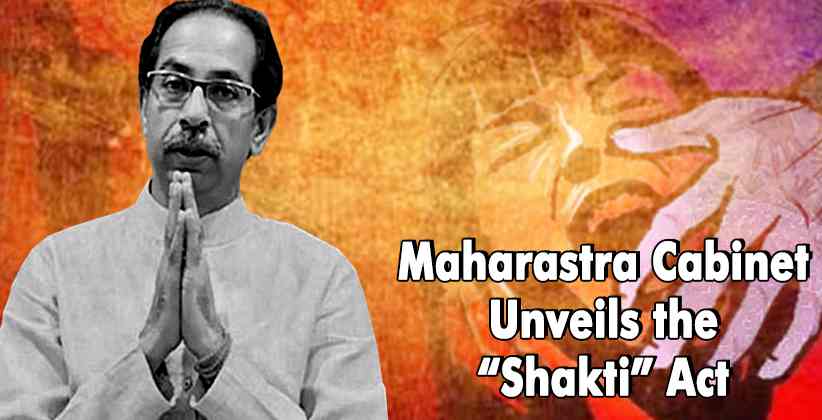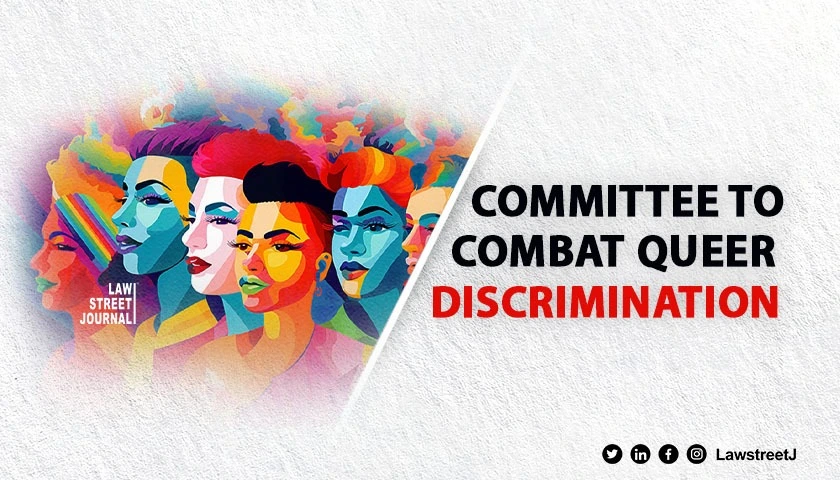In a bid to curb atrocities and heinous crimes against women and children in Maharashtra, the state cabinet on 9th December 2020 approved a draft Bill that includes provisions for stern punishment - a death penalty, life sentence, and hefty fines, for the perpetrators as well as speedy trials.
The draft Bill seeks to amend relevant sections of the Indian Penal Code, 1860, Criminal Procedure Code, 1973 and the Protection of Children from Sexual Offences Act, 2012 for the proposed law’s application in the state.
The provisions of the new law aim to control heinous sexual offences against women and children.
Here are the salient features of the proposed Legislation:-
- It provides for completing probe in a case within 15 days and trial within 30 days
- It proposes stringent punishment including death penalty and heavy fines for the culprits.
- Special police teams and separate courts will be set up for investigation and trial of cases against women and children.
- The perpetrators if found guilty will be punished with imprisonment for life for not less than ten years but may extend to the remainder of natural life or with death in cases which have characteristics of being heinous in nature
- A sum of Rs 10 lakh will be given to an acid attack victim for plastic surgery and facial reconstruction and the amount will be collected as fine from the convict
- A sum of Rs 10 lakh will be given to an acid attack victim for plastic surgery and facial reconstruction and the amount will be collected as fine from the convict
- Investigation shall be completed within a period of 15 working days from the date of registration of an offence. This can be extended by 7 days
- Investigation shall be completed within a period of 15 working days from the date of registration of an offence. This can be extended by 7 days
- Some cases will be tried in-camera for recording of evidence of victims and witnesses who are vulnerable.
- As many as 36 special courts, each having a special public prosecutor, have been proposed to be set up to deal with cases registered under the Shakti Act
- Threatening and intimidating women on social media, making false complaints of rape, molestation and acid attack, non-cooperation in investigation, disclosure of victim’s identity in case of molestation and acid attack will also be considered crime.
The law also plans to notify some organisations to help and assist in the rehabilitation of the victims of these cases.
The Shakti Act is drafted on the lines of Andhra Pradesh’s Disha Act, which was brought last year to curb crime against women and children after a veterinarian was raped and murdered in Hyderabad, triggering widespread public outrage.







